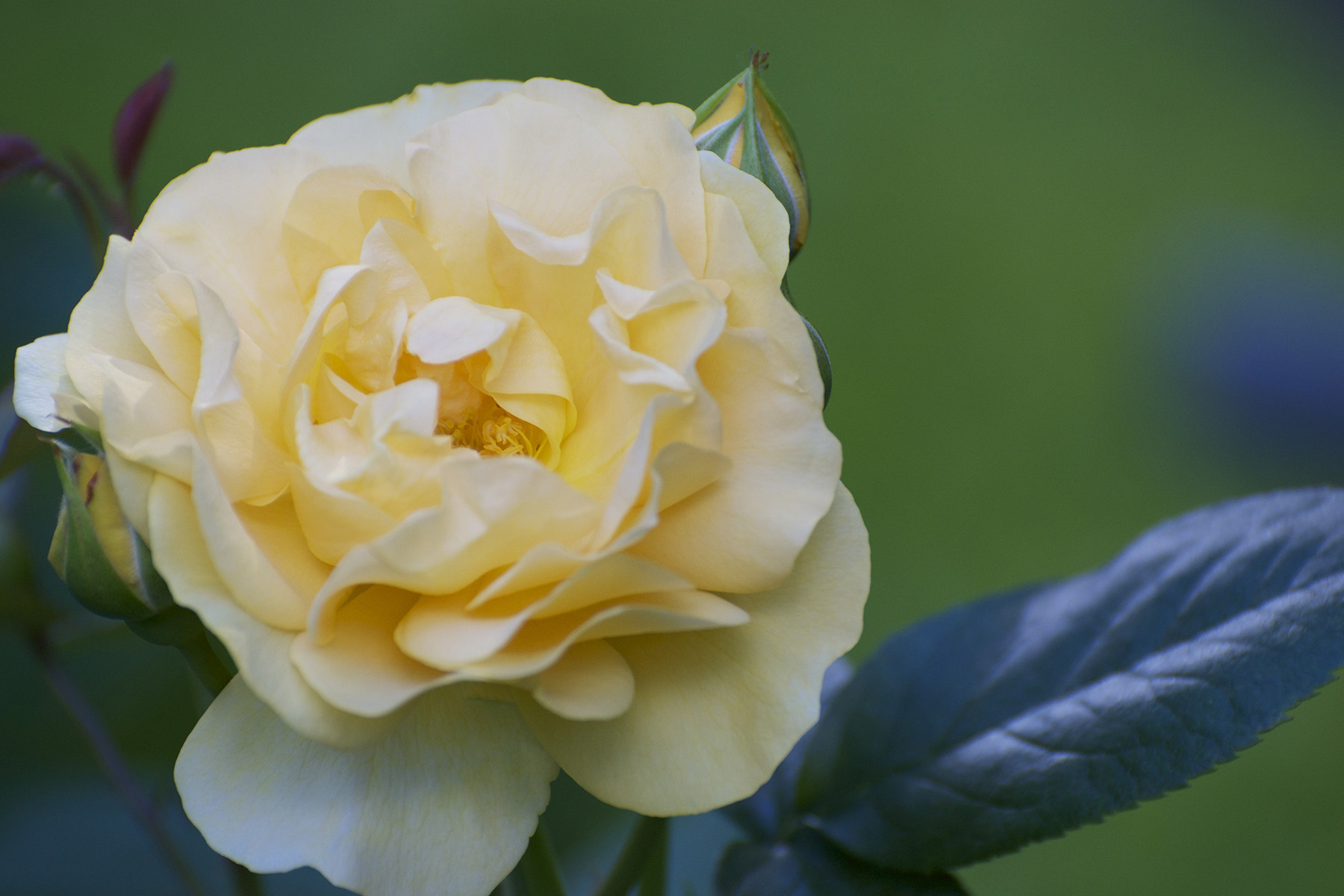Some steal roses, I, on the other hand, decided to steal the story attached below, which had been unlocked some time back in the Paris Review as part of their weekly effort to help us through these times. Of course, when I came back to re-read it, having loved it during the first round, it had been locked up again. So I found it somewhere else and I think Clarice Lispector, the author, would be quite content to have the word(s) spread, unorthodox as she was.


Here is a wonderful introduction to this great writer by Benjamin Moser, if you have extra time and or/interest to learn about how a Jewish woman born in Russia in the 1920s became one of the most famous novelists in Brazil. If not, the story below will tell you much about her as well.





There are enough inconsistencies in that story, and a weird imbalance between the drawn-out rose part and the hastily added cherries, that it makes you wonder. Rose stems don’t just snap off, you have to pick with scissors in hand, for the most part. Pink roses mostly don’t have velvety petals, like darker red ones do, particularly not if the roses are marled, having several shades pink, as she indicates, although I have never seen one that is crimson at the center. The scintillating thrill, the fear, the daring – all seems allegorical, with the word virginity thrown in as an after thought. Story keeps swirling in my head, then, as good stories do.



In her 40s, Lispector, like Ingeborg Bachman, fell asleep in her bed with a cigarette in hand and spent months in hospital, forever maimed and put in pain from the 3rd degree burns. Unlike Bachman, however, she survived until cancer got her in 1977. Here is a short poem by Bachman that hints at a different relationship with roses.
In the Storm of Roses
(1953)
Wherever we turn in the storm of roses,
the night is lit up by thorns, and the thunder
of leaves, once so quiet within the bushes,
rumbling at our heels.
I don’t know who the translator was, but the original German poem has a slightly different meaning. It tells of a thunderstorm of roses, during which we turn to the night lit up by thorns, and the thunder of leaves, which used to be so quiet in the bushes, now pursues us.
Im Gewitter der Rosen
(1953)
Wohin wir uns wenden im Gewitter der Rosen,
ist die Nacht von Dornen erhellt, und der Donner
des Laubs, das so leise war in den Büschen,
folgt uns jetzt auf dem Fuß.



Photographs are of roses from my friend’s garden in June(s) gone by, and from neighborhood walks this week. In honor of the most ethereal of flowers I’ll present the most etherial music, MOZART’S PIANO CONCERTO NR. 23, to bring back cheer, thinking of heavenly scent rather than hellish thorns.









sis
Beautiful photos! Don’t know what to make of the rose-stealing story. Your critique was persuasive!